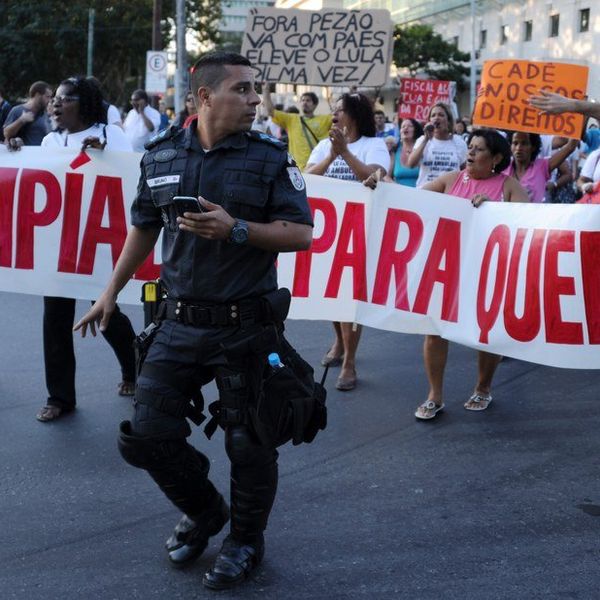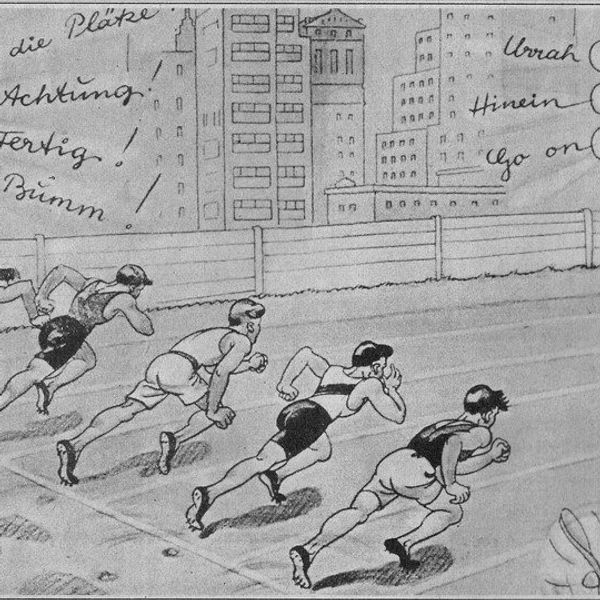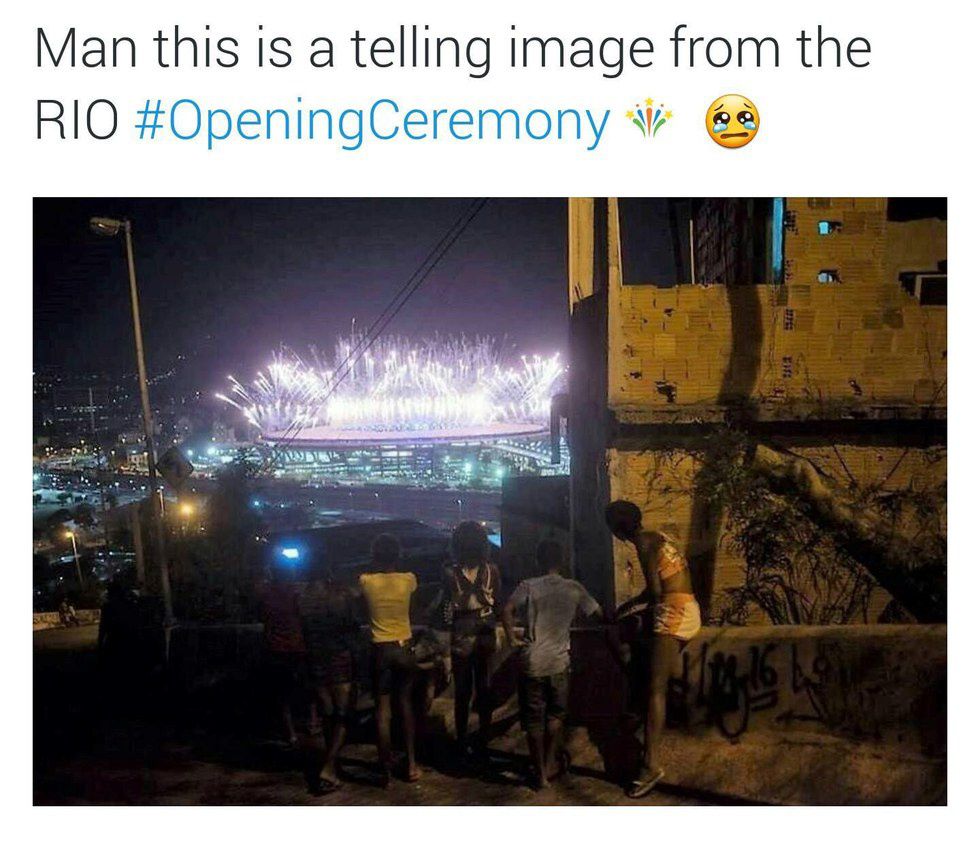This past Monday, I saw this image shared by someone on Facebook, captioned with the title “F*** Brazil.”
For one, I’ve always enjoyed watching both the summer and winter Olympics. However, from the outset, something seemed to be a bit different about Rio. I always remember having felt a sense of excitement leading up to the Olympics, with countless news stories and short biographies on the up and coming stars of the U.S. team.
This time around, that sense of excitement seems to have been generally absent in the popular media. Although this could be at least in part due to the fact that I’m older and no longer have as much time as I once did to observe these events, it seems to make the whole experience less fun.
The negative coverage goes at least as far back as mid-2015, with an AP investigation finding that athletes will be “swimming and boating in waters so contaminated with human feces that they risk becoming violently ill and unable to compete in the games."
The publicity reached its zenith in May 2016 when Harvard University’s Public Health Review ran the headline “Why Public Health Concerns for Global Spread of Zika Virus Means That Rio De Janeiro’s 2016 Olympic Games Must Not Proceed.”
However, this is merely regarding health issues. There’s also the matter of urban blight. New York Times writer Vanessa Barbara in an article aptly titled “Brazil’s Olympic Catastrophe” argues that in essence the Rio games exist to create construction projects that only serve to benefit the wealthy, tourist-oriented areas of the city. Apparently over 4,000 families had their homes razed for Olympic construction, and homeless adults have been placed by police in “filthy” shelters while their children were sent “arbitrarily” to juvenile detention centers.
This creates the absolutely best possible mood for the Olympics to commence, don’t you think? Nevertheless, I think that it’s important to get a sense of context, here. The BBC compiled a list of some of the problems that previous Olympic hosts have faced, and let’s say that at least some of the Games appear to have been in worse standing. Besides the massacre of Israeli athletes by Palestinian terrorists at the Munich games due to lax security, there is also the fact that the Montreal Games’ main stadium for the opening ceremony was literally unfinished…and not fully finished until nearly a decade after the games.
And let’s not forget the serious concerns brought on by all of the smog in Beijing…because athletes need to breathe, you know.
Upon uncovering these treasure troves of past information, I’ve reached the tentative conclusion that perhaps the Rio games aren’t really all that terribly different from past Olympic games. What might be different this time is the fact that the summer games only take place every four years…so, back in Beijing ‘08, for example, social media was not used nearly as extensively as it is today. The rise of social media has enabled images like the first one above to go viral quickly, making the “victims” of the Olympics seem more human than ever before and the threats all the more real, whether it be the homeless looking down on the stadium from nearby slums or photographs of filthy water in future Olympic swimming venues.
This really kills the mood for me. Although I still do enjoy the prospects of watching athletes from around the world duke it out (in good sportsmanship, of course) to see who’s the best of the best, I suppose that my sort of boyhood wonder surrounding the Olympics might be dissipating. When the TV turns on and you see the pristine Olympic stadium and sporting venues, the Internet will now remind you that, hey!, there might have been people that used to live here before. What ever happened to them? What about the surrounding areas? Are the Olympics helping them too?
Relying too much on just the spectacle of television might perhaps make it just too easy for people like me to never even contemplate these decisions altogether.
So, my ultimate goal here is to not dissuade anyone from watching or partaking in the Olympics. I still enjoy the substance of the event. However, in choosing future host cities, perhaps we might need to start considering more carefully just how these stadiums and venues will affect both the athletes and all of the people already living there…






















